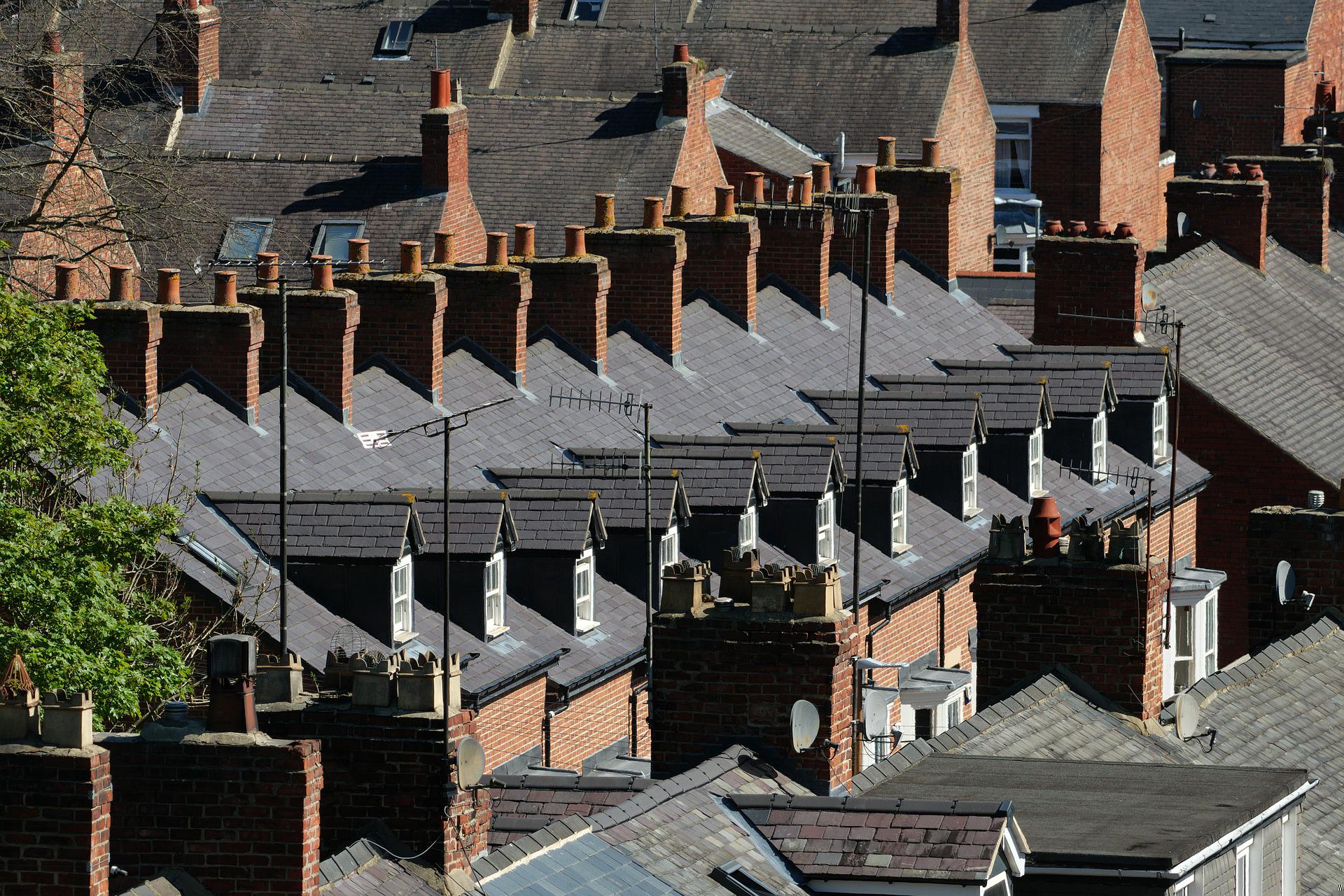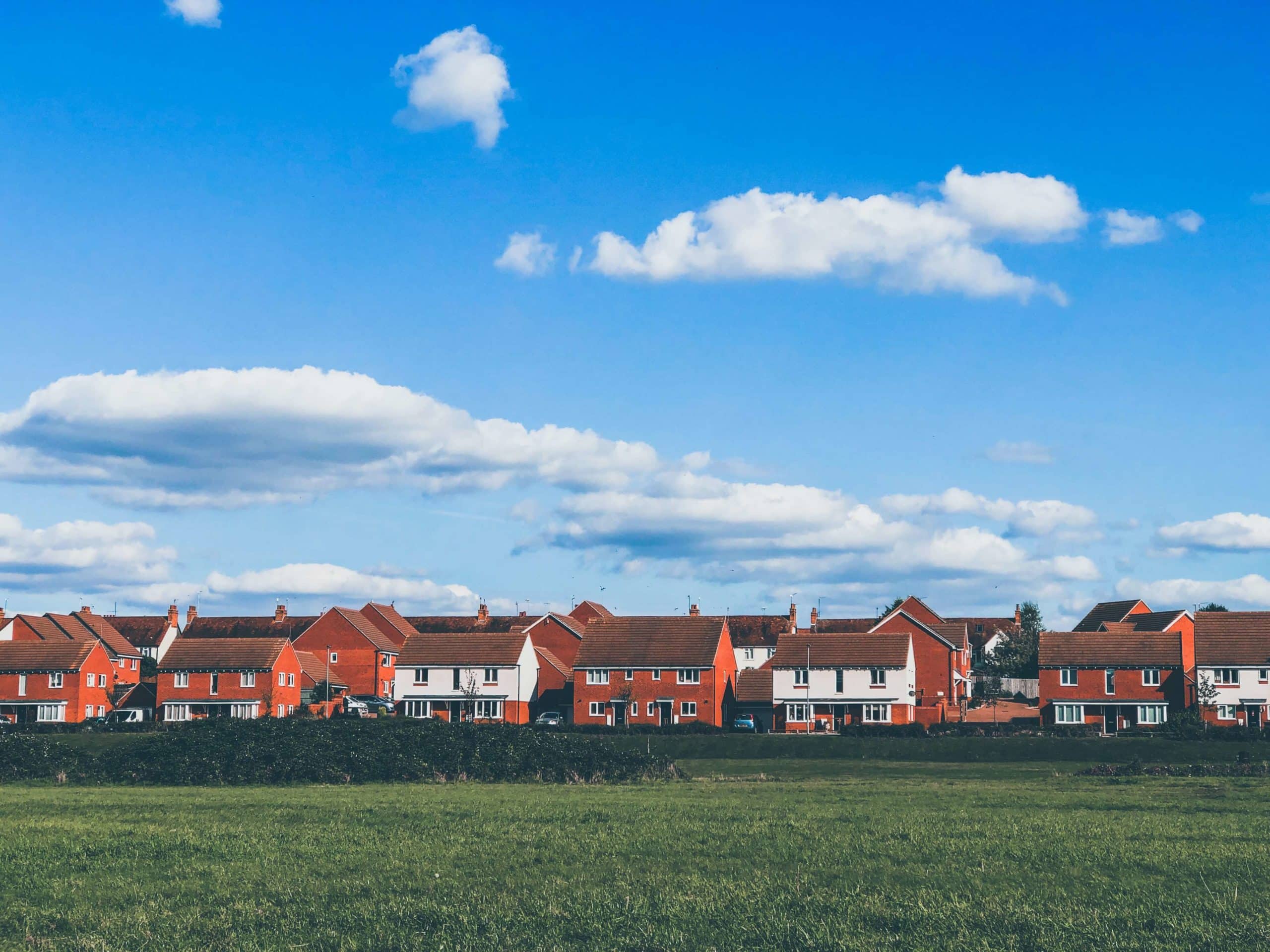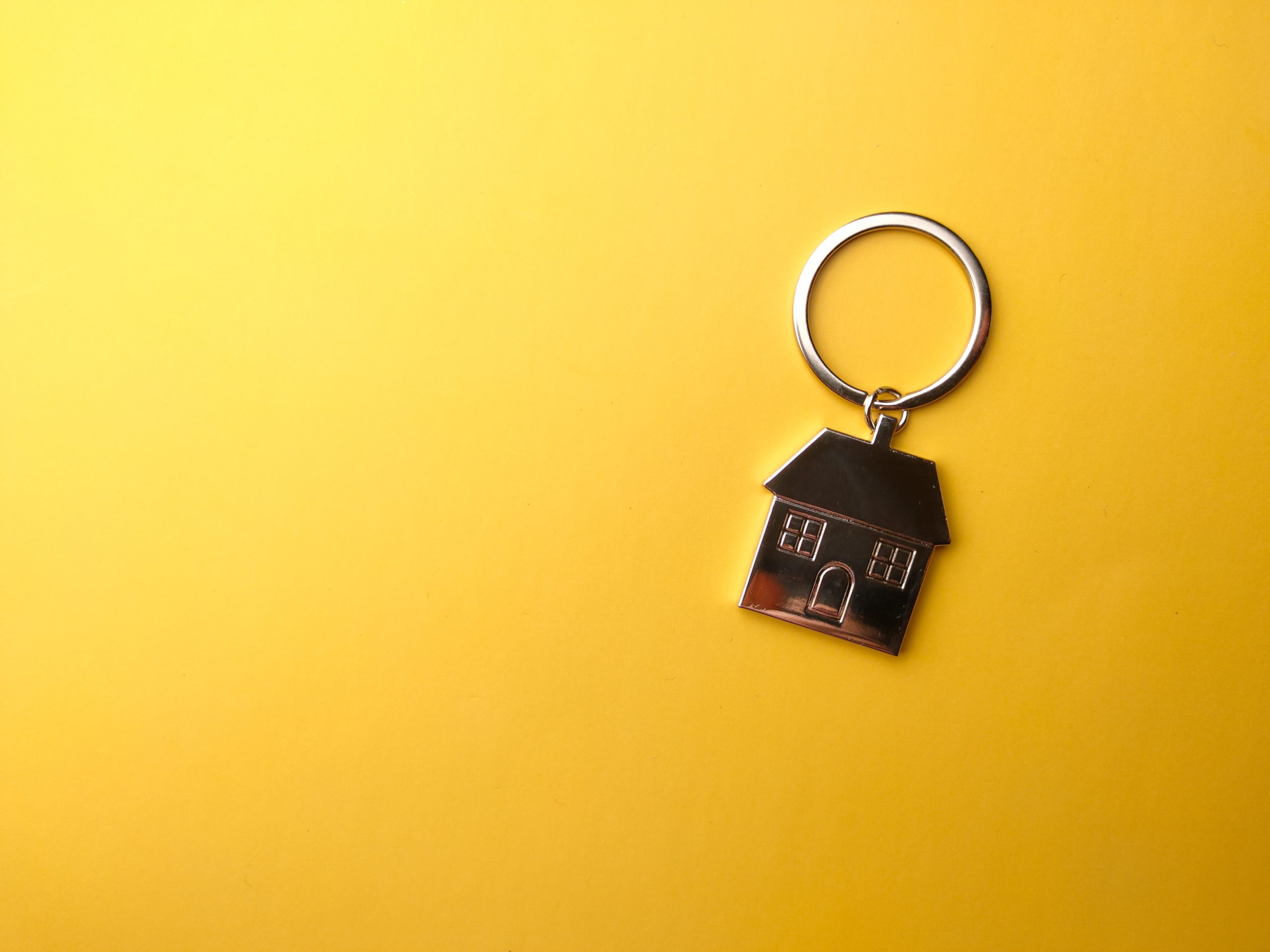Around 20% of properties in the UK are leasehold – and approximately two-thirds of these are flats. For this reason, it is essential that the questions surrounding leasehold properties – including how to extend a lease, and how much it costs to extend a lease – are fully understood.
Read on for an in-depth look at what happens when leasehold expires.
What is a leasehold property?
A leasehold property is when you own the building, but not the land it is on. With a leasehold property, you will pay ground rent annually, which is typically between £50 to £150 per year.
In a shared building – for example, a block of flats – you may also have to pay into a ‘sinking fund’, which pays for major items such as a new roof. There may also be a service charge for the upkeep of communal areas, such as corridors, lifts or gardens.
If you have owned a leasehold property for at least two years, you can agree with the freeholder (the person who owns the land) to extend the lease. The freeholder will typically charge around 10% of the property’s value to do this, and if the lease is near the end of its term, it can cost even more.
Beware that if your lease has less than 75 years to run, it can be difficult to get a mortgage or to sell the property.
What happens when a leasehold expires?
When a leasehold expires, your landlord can serve you with a notice to vacate the property. In this case, you must follow the terms of the notice, as long as it is legal.
If the leasehold has expired but your landlord has not yet served you notice, you have three options available to you:
- Move on to a different property
- Continue to live in your property
- Renew your fixed term tenancy
If you decide to move on to a different property, then you will need to serve your landlord with a notice. Alternatively, you may have to serve notice to your letting agent, if the terms of your tenancy agreement state this. This notice should be in writing – and you must allow a sufficient number of days for the letter to reach the other party.
You can continue to live in your property once your fixed term tenancy runs out, under what is known as a periodic tenancy. Just be aware that the notice periods under this type of tenancy are much shorter for both you and your landlord.
Finally, you can choose to renew your tenancy and re-negotiate the terms of your rental agreement. Remember, you don’t have to agree to everything, and also be aware that your landlord may use this opportunity to increase your rent. However, renewing your tenancy will provide you with the security of tenure.
How to extend your lease
Extending your lease is a legal matter that involves solicitors. Every property and lease is different, with different terms, so you should consult a legal professional to guide you through this process. For example, you cannot extend a lease on a property which you have owned for less than two years, and will need to consult legal advice to navigate this.
There are two key ways that you can extend your lease: informal and formal. By following the informal method, you can approach the freeholder (landlord) and discuss whether to negotiate a lease extension. If the freeholder agrees, then the negotiation will begin from there.
The formal approach involves following a clear procedure, stated in the law, which ensures maximum security and benefit to the leaseholder.
It is often a mistake for leaseholders to extend their lease informally. This is because the freeholder may extend the lease by less than 10 years (meaning the problem will arise again in only a few years) while simultaneously significantly increasing your ground rent. Some freeholders even use this opportunity to make changes to the details of your lease – for example, adding a fee if you want to keep a pet in your property.
Therefore, it is strongly recommended that you follow the formal method of extending your lease. You should consult legal advice to guide you through this process, as they will help you to value the lease, negotiate the price, and apply to a tribunal if you can’t agree.
How much does a lease extension cost?
Extending a lease is not a cheap process – especially if the lease has been allowed to run down. To extend the lease, you typically have to pay for all of the following:
- The premium
- Property valuation
- Your personal fees associated with extending the lease
- The freeholder/landlord’s fees to extend the lease
The cost of the premium can vary quite significantly according to the length of the lease remaining, the ground rent payable and when it changes, and the value of your property.
Landlord’s costs can be subject to assessment if they are not reasonable and are only payable in relation to certain matters.
MoneySavingExpert.com found that extending a lease on a £200,000 flat, which has a current lease length of 90 years, will cost approximately £8,500. This is a worthwhile investment, as the approximate added value from this lease extension would be £12,500. Meanwhile, for a flat worth £500,000, it would cost approximately £12,300 but potentially add value of £31,000.
It is far more costly to extend the lease on a £200,000 flat with a current lease length of 60 years. In total, you could expect this to cost £32,000, with only £33,000 potentially added in value from this extension. For a flat worth £500,000, it would cost approximately £71,500 and add £78,000 in value.
Selling a leasehold property
As well as the advice above, if you want to buy a leasehold, you should get independent legal advice before doing so. It is also worth consulting a local property expert if you are buying in Scotland or Northern Ireland, because laws in these countries are different than in England and Wales.
The vast majority of buyers will not buy a leasehold property with a lease of less than 75 years, because not many mortgage providers will give buyers a mortgage on it.
WeBuyAnyHome are cash house buyers who will purchase your property, no matter the length of your lease. You can avoid the hassle of extending your lease with your freeholder and instead sell your house fast.


















